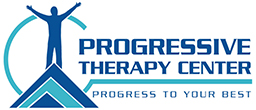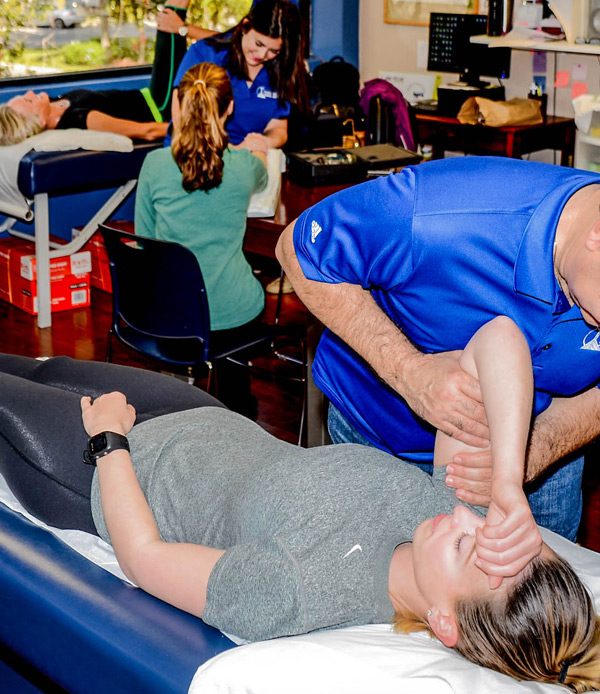Rotator Cuff Overview
The shoulder is a very mobile and complex joint. Since it is the most mobile joint in our body, it requires strong stabilization to prevent it from getting injured. The Rotator Cuff (RTC) is a group of 4 small muscles that work together to help create some of that stability the shoulder needs. The RTC also assists with moving the arm overhead and lifting objects. When any one of these muscles/tendons become injured, they become inflamed and make it painful to move your shoulder or do daily activities.


